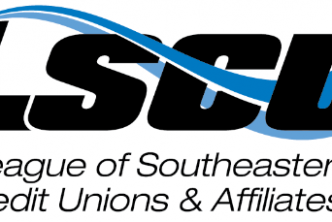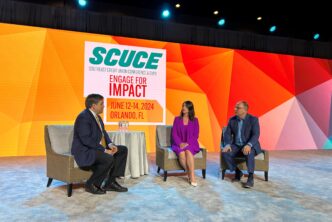With Hurricane Ian’s landfall last week, it is important to remember that natural disasters often bring out scammers hoping to profit off of others seeking direction or assistance. This is a great time to remind members and staff to remain vigilant of the different types of scams they might see.
A list of some of the most common scams to watch out for are below:
Impersonation of a Government Official
In this scam, a con artist poses as a government official from agencies such as FEMA (Federal Emergency Management Agency), the Department of Homeland Security, and/or the Department of Health and Human Services, which are responsible for helping disaster victims. These con artists will ask you to share your identification, social security information, credit card information, checking account number, and other personal information that can be used to steal your identity.
When seeking government aid, it is safer for you to initiate contact—you are more likely to avoid con artists. But, if a government official approaches you, ask for identification.
Remember, there are no fees when applying for governmental assistance following a disaster. Any request for fees is fraud. Never give your social security number out over the phone and do not write it down anywhere unless you are absolutely sure you are working with a legitimate representative from a governmental agency.
Impersonating an Insurance Adjuster
Con artists will also pose as insurance claims adjusters or representatives of insurance companies. Ask for identification to make sure you are giving information to an agent from your insurance company. They will not be offended and are aware that scam and con artists target disaster survivors.
Home Repair Scams
Following damaging storms (high winds, hail, and tornadoes), hurricanes and even earthquakes, people impersonating home repair businesses and roofing companies will visit affected neighborhoods and offer to repair damage. Signs you may be dealing with a scammer and not a legitimate business include:
- One-day-only discounts
- Aggressive sales pitches
- Requirement of upfront payment
- You have never heard of the company, and it does not have a local physical address.
- They cannot produce a business license or written information about the company.
- They do not have references but offer vague endorsements from neighbors a few streets over from your street.
Never hire a contractor on the spot. Before hiring anyone to do any work on your home, get your insurance company to survey the damage. They will likely provide you with a list of approved repair companies. You can also verify that the contractor is legitimate by checking with the Better Business Bureau.
Scams during or following a natural disaster can be reported to the FEMA Disaster Fraud Hotline at (866) 720-5721.





